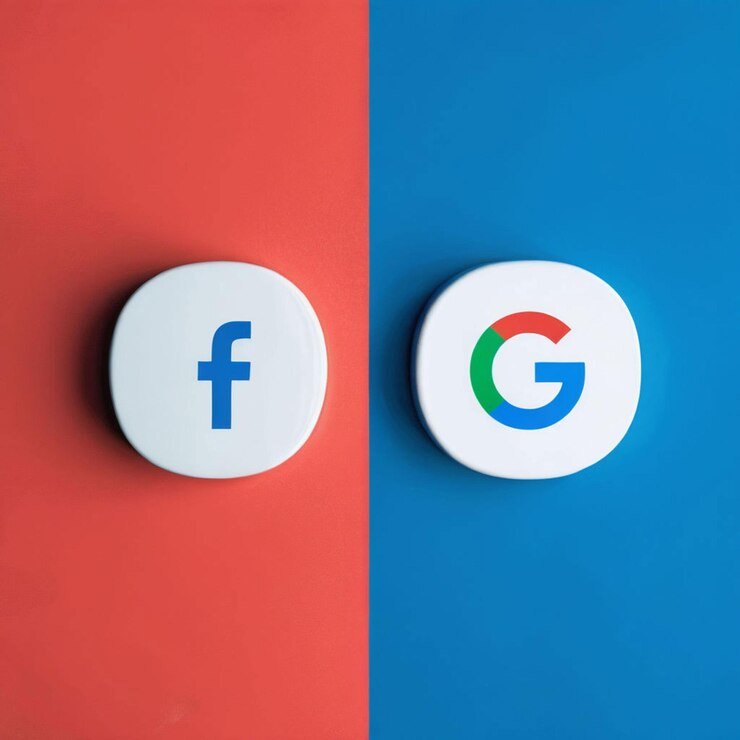
Table of Contents
ToggleGoogle Ads vs Facebook Ads – Which One Is Right for Your Business?
In today’s digital-first world, choosing the right advertising platform is crucial for success. Two of the biggest players in the pay-per-click (PPC) space are Google Ads vs Facebook Ads. Both offer unique features and massive reach, but they cater to different goals and audiences.
This blog post explores everything you need to know—from blog post headings to meta content—while helping you determine which platform is right for you. By the end, you’ll understand how to craft content that ranks, converts, and supports your business goals when comparing Google Ads vs Facebook Ads.
But it’s not just about being seen; it’s about being chosen. Let’s explore how you can take full advantage of Google My Business Services to elevate your business.

Importance of Blog Post Headings in Digital Advertising Content
Before diving into ad platforms, let’s start with your content structure—because the way you present your information matters as much as the message itself.
Why Blog Headings Matter:
Improve SEO: Headings (H1, H2, H3) help search engines understand your content structure.
Boost Engagement: Users can easily scan the page and find the info they want.
Guide the Reader: Logical headings provide flow and keep readers engaged.
Example Headings for This Topic:
Google Ads: Best for Intent-Based Search
Facebook Ads: Best for Interest-Based Targeting
Comparing Costs: Google Ads vs Facebook Ads ROI
Which Platform Fits Your Business Goals?
Well-structured headings help ensure your article appears in search results for queries related to Google Ads vs Facebook Ads.
By leveraging Google My Business Services, you give your potential customers everything they need to make a decision—all in one place.
Google Ads: Pros & Use Cases
Google Ads are based on search intent. They display your ad when someone actively searches for a product, service, or information.
Pros:
High intent traffic
Extensive keyword targeting
Immediate visibility on SERPs
Effective for urgent needs (e.g., emergency plumber)
Ideal For:
Businesses offering solutions to direct needs
Local service providers
E-commerce targeting specific product searches


Facebook Ads: Pros & Use Cases
Facebook Ads are powered by user interests, behaviors, and demographics. You can target users even if they haven’t searched for your product.
Pros:
Highly specific audience targeting
Visually engaging ad formats
Better suited for brand awareness
Strong retargeting options
Ideal For:
New product launches
Brand storytelling
Niche lifestyle products
Event promotions
Local SEO optimization
Competitor analysis
By outsourcing your GMB management, you save time and get expert-level optimization that delivers better results faster.
Conclusion : Google Ads vs Facebook Ads – Make the Right Choice
There’s no one-size-fits-all answer when it comes to Google Ads vs Facebook Ads. Each platform serves a distinct purpose. If your business needs to capture high-intent users actively searching for solutions, Google Ads might be your best bet. If you’re looking to build awareness, tell your brand story, or reach niche audiences with strong visuals, Facebook Ads could be the winner.
Understanding how to create optimized content—including blog post headings, meta titles, and meta descriptions—ensures your strategy works from the very beginning of the customer journey.
By aligning your ad platform choice with your audience behavior and business goals, you’ll spend smarter, not harder—and make every click count.